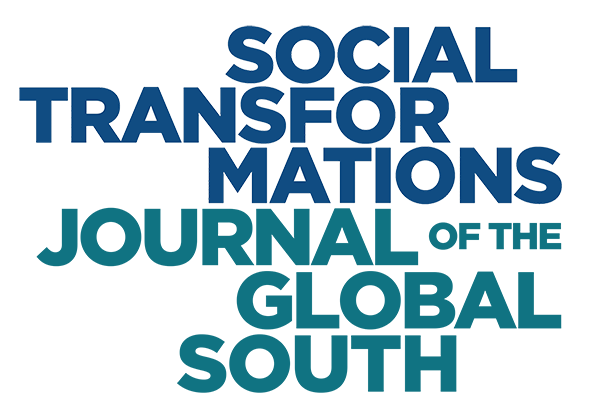Foreign Language Policy and Pedagogy in the Philippines: Potentials for a Decolonial Approach
Kristine Cabling
DOI: https://dx.doi.org/Published Date: May 18, 2021 | Accepted Date: May 18, 2021 | Submitted Date: May 18, 2021
Abstract
The implementation of the Department of Education’s Special Program in Foreign Language (SPFL) marked the beginnings of the nationwide institutionalization of a range of foreign languages (FL) in the Philippines, stimulating new sites of inquiry for the field of critical language studies. Many of the languages offered under the SPFL do not share the historical and social grounding of the country’s official languages. However, they find common ground with English in the extant colonial framings of language teaching and learning, which have often impeded local agency in structuring or reimagining encounters with the “foreign.” As such, this paper aims to explore decolonial approaches to issues that have emerged alongside the promotion and teaching of foreign language classes across all levels of education in the Philippines by drawing inspiration from the decoloniality movement in Latin America and related efforts to de-center knowledge and digress from extant canons. First, it problematizes the implicit reinforcement of the one-nation one-language habitus, paying particular attention to assumptions that guide foreign language policies, materials, and teaching methods that reinforce global linguistic hierarchies and assumptions in favor of “competitiveness.” Second, considerations for alternative foreign language teaching approaches and materials are put forward, factoring in the Philippines’ sociolinguistic and historical features that have guided its framing of the “foreign,” as well as extant challenges in promoting intercultural reflection in an increasingly neoliberal educational setting. Challenges in integrating a decolonial perspective in institutional conceptualizations and policies on foreign language teaching in the Philippines conclude this paper to stimulate reflection on how language teaching may offer opportunities to rethink our relationship to language and interlingual/intercultural encounters.
